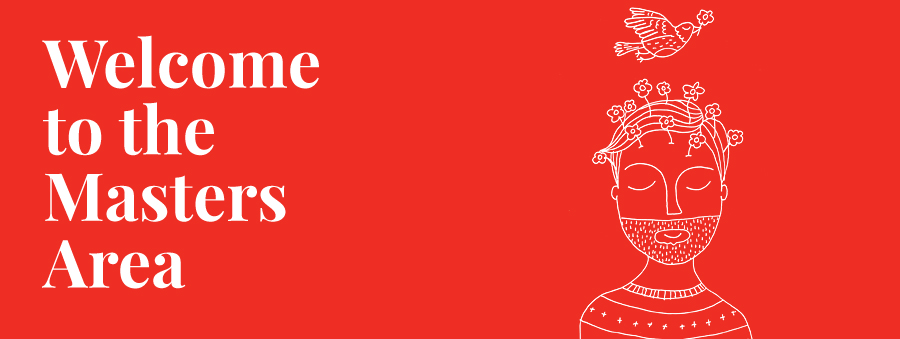General

The Master's Program Management team and the Academic Services - Master's team will be glad to help you with any questions related to your program. Feel free to get in touch anytime you need it!
Academic Services - Master's Coordinator: Sandra PeraltaAcademic Services - Master's Team: Beatriz Barbosa, Marta Fernandes, Bruno Cardoso, Carolina Ruas, Ricardo Sousa
E-mail: masters@novasbe.pt
*
Master's Program Managers Coordinator: Rita Ramos
Master's Program Managers: Alexandra Santos, Catarina Ramos, Graciella Tavares, Madalena Borges
E-mail: masters.pm@novasbe.pt
*Location: Student Central
Office Hours: 10:00 am to 1:00 pm or by phone from 9:30 until 5:30 pm
Tel: (+351) 21 380 1670